HS-LS2-8
Evaluate the evidence for the role of group behavior on individual and species' chances to survive and reproduce.
-
 Health & Medicine
Health & MedicineThe many challenges of corralling a coronavirus outbreak
The Chinese government has quarantined millions of people in hopes of limiting spread of a new coronavirus. But no one yet knows how much this will help.
-
 Health & Medicine
Health & MedicineSerious virus emerges in China and is spreading globally
A new viral infection emerged in December 2019 among people in Wuhan, China. The mystery illness has already killed at least 17 people and sickened many hundreds.
-
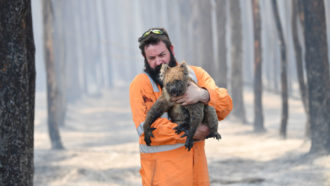 Environment
EnvironmentAustralian fires have imperiled up to 100 species
As massive wildfires consume huge swaths of Australia’s bush, untold species — many of them found nowhere else — are now threatened with extinction.
-
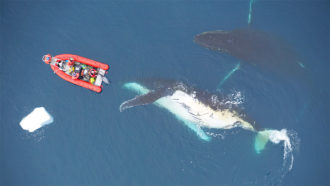 Life
LifeWhy some whales become giants and others are only big
Being big helps whales access more food. But just how big a whale can get is influenced by whether it hunts or filter-feeds.
-
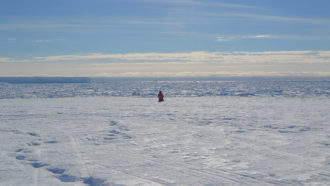 Brain
BrainScientists’ brains shrank after a long stay in Antarctica
The isolation of a long-term mission at an Antarctic research station shrunk part of crew members’ brains, a small study suggests.
-
 Microbes
MicrobesGlobetrotting microbes in airplane sewage may spread antibiotic resistance
Along with harder-to-kill microbes, airplane sewage contains a diverse set of the genes that let bacteria evade antibiotics.
-
 Brain
BrainSurprise! Exam scores benefit from months of regular sleep
Getting enough consistent, quality sleep accounted for nearly a fourth of the differences in students’ exam scores in class.
By Jeremy Rehm -
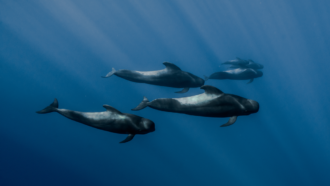 Animals
AnimalsWhales echolocate with big clicks and tiny amounts of air
Toothed whales may echolocate using bits of air that they recycle inside their heads to conserve both air and energy.
-
 Brain
BrainAs teens gain weight, they find high-fat foods less pleasurable
Teens who gained excess weight showed less activity in the brain’s reward center when viewing or tasting foods with lots of fat.
-
 Health & Medicine
Health & MedicineBy the numbers: How infectious measles and other diseases spread
A number called R0 measures how contagious an infectious disease is. It helps explain why measles is so dangerous.
-
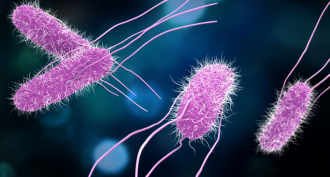 Life
LifeExplainer: Prokaryotes and Eukaryotes
Prokaryotes tend to be small and simple, while eukaryotes have embraced a highly organized lifestyle. These divergent approaches to life have both proved very successful.
-
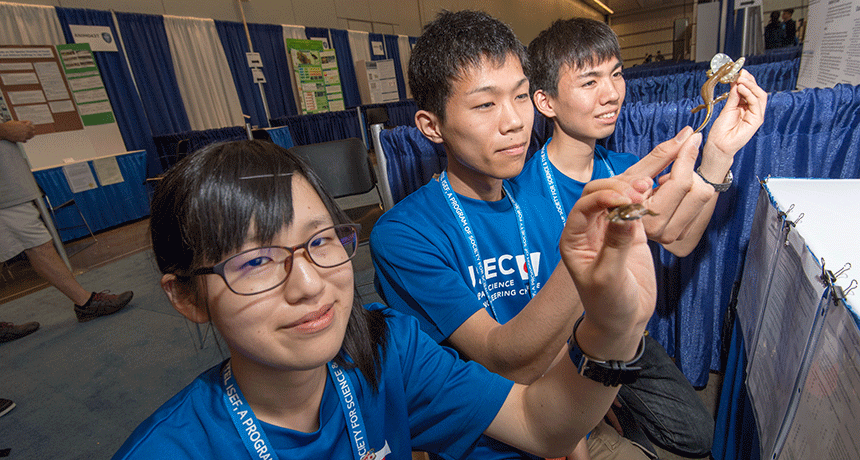 Animals
AnimalsHunting hidden salamanders with eDNA
The Japanese clouded salamander is an elusive beast. To find a new population, three teens turned to high-tech methods.